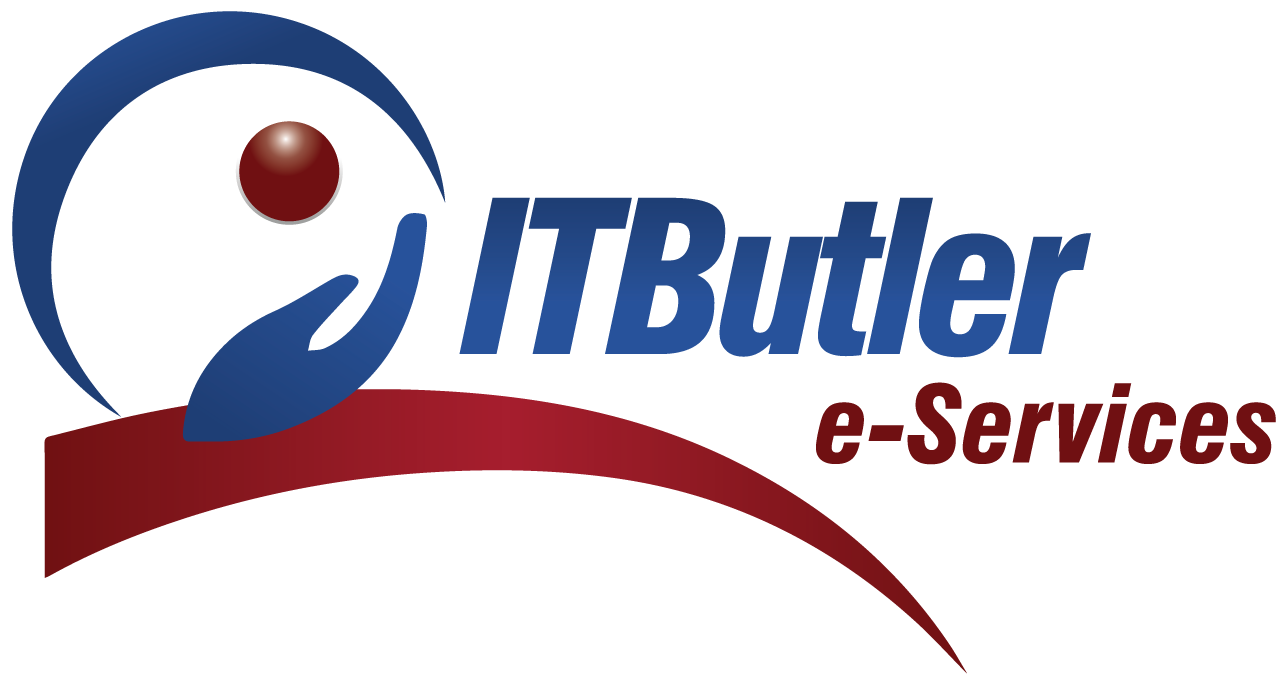Artificial Intelligence (AI) is changing the financial sector in ways we never imagined. From detecting fraud to making banking services more personalized, AI has made financial transactions faster and more efficient. But with all these advancements, one important question arises. How can banks and financial institutions ensure AI is used ethically, securely, and in compliance with regulations? So this is where the SAMA AI compliance fills the void.
However, SAMA makes sure that the AI adopted in the banking and financial technology firms operate under specified standards of security. With AI taking over critical financial decisions, compliance with SAMA’s regulations is essential to maintain trust, and protect customer data.
So in this blog, we will discuss SAMA AI compliance, its effects on financial institutions, and the principal regulations.
Role of SAMA AI Compliance in Banking and Finance
AI has indeed changed the whole scenario of banking and other financial sectors. Traditional methods, on the other hand, rely on people. So it takes time to process data, look for trends, and come up with financial decisions. However, this has enhanced banking to be more secure, effective, and convenient. Some of the key applications of AI in finance include:
1. Fraud Detection and Prevention
To a great extent, AI is good at identifying the different patterns of transactions. AI is also employed to find out the pattern of the transactions taking place and detect fraudulent ones. For example, if the AI system identifies that there is suspicious activity such as an attempt to withdraw money from another country. It can immediately come to the user’s help and block it.
2. Customer Service Automation
Banks have adopted AI-related technology, chatbots and virtual assistants in their customer servicing roles on a 24/7 basis. Such AI-enabled solutions include getting simple questions from the customers, and assisting them with their passwords. Moreover, it also assists them in banking services without interacting with a human being.
3. Credit Scoring and Loan Approvals
Unlike the conventional models of scoring, AI can use more parameters to classify a person, including how she or he spends money. Further, it assists the banks in the right decision-making process for extending loans to deserving individuals while avoiding them.
4. Algorithmic Trading
AI is one of the most used technologies in stock market implementation, specifically in trading as it enables investors to make sound decisions within a short period. Moreover, the use of artificial intelligence helps the systems to analyze trends and make trades that will be more likely to yield efficient results.
However, these applications have some limitations that can involve data leaks, contingency of AI decisions, and security issues. So it’s important to be fully compliant with the rules of the country you are doing business in.
Key SAMA AI Compliance Requirements
It has therefore outlined several regulatory compliances to it expects the Kingdom of Saudi Arabia to adhere to. However, these include:
1. Data Privacy and Security
Financial services related to AI involve directly confronting customers’ private data. Therefore, data security is critical. According to the provision of the regulations, SAMA mandates the following of banks and fintech firms:
- Encrypt personal and financial data to prevent cyberattacks.
- Moreover, implement multi-factor authentication (MFA) for AI-driven financial services.
- Ensure that AI systems comply with Saudi Arabia’s Personal Data Protection Law (PDPL)
Hence, security is also highly important and customer data must not be at risk in the case of bank records.
2. Transparency and Explainability
Another problem of AI has been its opaqueness. However, it is considered as a ‘black box’. Unlike human and decision experts, customers and regulators cannot directly perceive an AI model.
So to be in a position to conform to the general SAMA regulation, the following is required:
- Ensure AI-driven credit scoring and loan approvals are explainable and fair.
- Inform customers when AI is being used to make financial decisions.
- Lastly, give viable reasons that would enable an artificial intelligence system to approve or reject financial requests.

3. Bias and Fairness in AI
Artificial Intelligence models are capable of replicating previous biases as manifested in data, and this leads to unfair decisions that affect financiers. To this end, SAMA has made it mandatory that banks:
- Firstly, perform periodic model audits to identify and give remedial action to biases.
- Ensure AI-driven lending decisions treat all applicants fairly and equally.
- Moreover, be extra careful when using AI in making decisions, such as in the hiring process.
4. Risk Management and AI Governance
Since the functions of AI banking have potential risks inclusive of cyber threats, data breaches, and technical breakdowns. Therefore, SAMA AI compliance demands that:
- Risk assessment should be conducted on any decisions to adopt an artificial intelligence solution into working systems.
- Further, continuously monitor AI models for errors and risks.
- Policies and guidelines on how the AI will be governed need to be laid down in order to adhere to the laws formulated for the AI systems.
5. Ethical AI Practices and Accountability
Lenders also need to adopt the use of AI properly. SAMA AI compliance requires banks to:
- Assign accountability to specific teams for AI-related risks.
- Ensure that AI-driven customer interactions do not manipulate or exploit users.
- Maintain human control over critical AI financial decisions, such as mortgage approvals and investment advice.
Conclusion
Artificial intelligence is improving the efficiency of banking and financial institutions as well as providing the consumers with quality services. Nevertheless, AI also poses some threats like privacy infringement, inequality in decision-making, and insecurity.
But SAMA AI compliance enables the handling of AI in Saudi Arabian financial organizations in a secure, transparent and ethical way. Here, SAMA has offered guidelines on protection of data and risk management as well as fairness. However, if properly followed, it upholds the required approval of the community and the effective use of AI.
As AI continues to evolve, staying compliant with SAMA regulations will be the key to success in the financial sector. Thus, financial institutions that prioritize AI ethics, security, and governance will not only meet regulatory requirements but also build stronger relationships.





